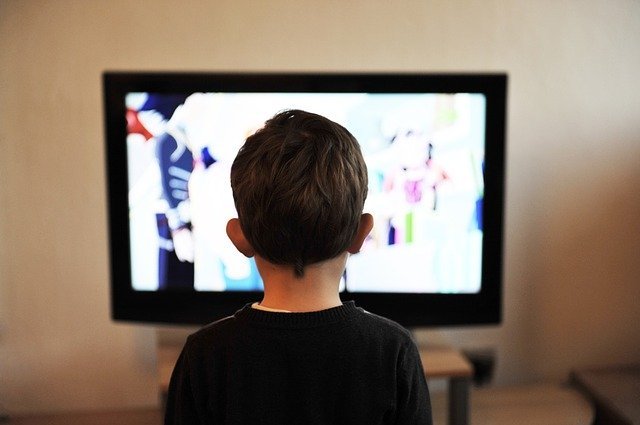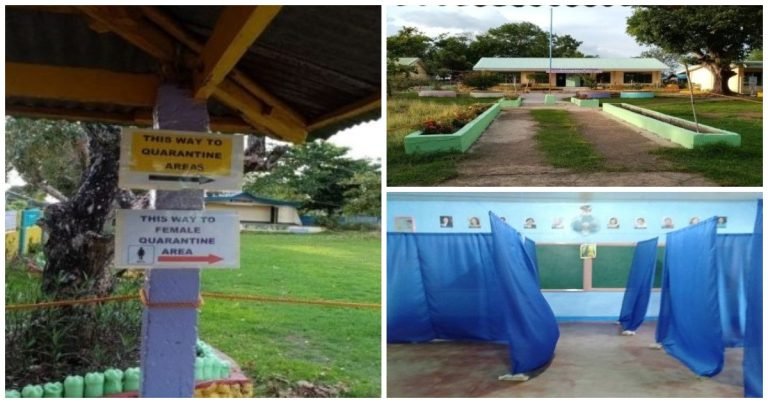The COVID-19 pandemic has greatly affected schools, forcing an early end to school year (SY) 2019-2020 and a possible late start for SY 2020-2021.
Several sectors are calling for classes to be postponed until December 2020 while the Inter Agency Task Force (IATF) recommend the school to begin in late September. But the Department of Education (DepEd) believes that the school could still start on time or by August as stipulated by the law.
It might even be possible for classes to start on time, but there would be major changes on how the lessons will be done.

Photo credit: ABS-CBN News
Because travel will most likely still be restricted in many areas, children would have to stay at home. This means that next school might see more students staying at home, learning their lessons with their parents as teachers, instead of getting their education in a physical school.
Thanks to modern technology, DepEd is capable of providing lessons via e-books that students can access on its website. But the Education Department also understands that not all children have access to the internet or have gadgets to use for their online lessons. Thus, the DepEd eyes the possibility of doing lessons via TV and radio.

“The opening of school year 2020-2021 does not mean necessarily that students will be coming to school. Kundi, malamang ay multi-modal ito dahil base sa mga forecast at projections na nakikita natin, itong full containment ng COVID-19 ay hindi magiging madali globally,” explained DepEd Undersecretary Nepomuceno Malaluan.
“Sa mga lugar na hindi posible ang classroom-based instruction, tinitingnan natin itong ICT (information and communication technology) platforms saka ang telebisyon, radio.”
For areas where students may be allowed to go back to a physical school, social distancing will be observed and classes will be set at a maximum of 20. But most of the students will be encouraged to stay at home and do their lessons via alternative means.

“DepEd should coordinate with the government-owned People’s Television (PTV) to record lessons and air them on TV,” said Sen. Sherwin Gatchalian, Chair of the Senate Committee on Basic Education, Arts and Culture.
“The Education Department can also ask help from the Cultural Center of the Philippines (CCP), the Department of Science and Technology (DOST), state colleges and universities, and other private firms to create more learning materials fit for broadcast.”
He cited similar practices being done abroad.



